9 healthy hacks to save money
Spend less and improve your health with these thrifty hacks.

When it comes to money, just about everyone wants to save more. But let's face it: Most of us have everyday habits—a little latte here, a big meal out there—that can sabotage our savings. Over time, some of those sneaky habits can take their toll on our health, too. But you don't have to spend a lot to eat well and maintain a healthy lifestyle. Click through for simple hacks that can help you save money, eat smart and stay in shape.

Make Your Own Coffee
On average, Americans spend nearly $1100 a year buying coffee at the local coffee shop. Making your own morning joe at home removes the temptation to order high-fat, high-calorie and high-cost coffee drinks. (A Starbucks grande Mocha Frappuccino Blended Coffee costs more than $4, and has 410 calories!) Jazz up your homemade coffee with a touch of cocoa or cinnamon—it will save you money, and will be better for you, too.

Eat At Home
At a mid-level chain restaurant like Red Lobster, the check average per person, per visit, is about $20. If a family of four eats out once a week, the total annual spending for dining out reaches above $4,000. Cooking meals at home saves money, and allows you to cook with healthy ingredients. Plus, you’ll know exactly what food you’re eating, and you can be sure there are no hidden calories or extra fat in your meal. When you do go out, consider splitting an entrée with a friend—many restaurants will split them for free or at a low cost, and with the typical oversized portions you can still enjoy a good meal while saving money.
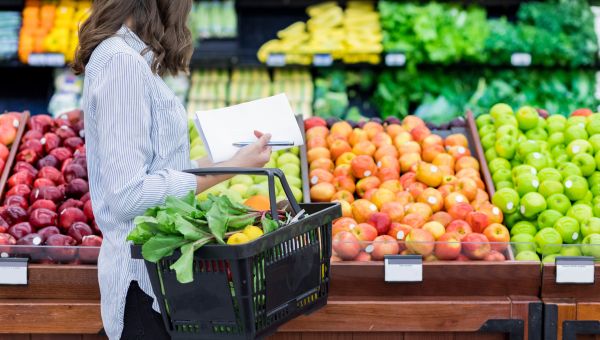
Shop Smart
Instead of wandering through the grocery store, plan ahead. Creating menus for the week and making shopping lists ahead of time will help keep you from reaching for those chips, snacks and other impulse buys. More ways to cut costs? Buy fresh produce in season and freeze it, stock up on pantry staples in bulk, and choose when to go organic—and when not to.

Walk Or Bike To Work
Not everyone lives close enough to work to walk or bike—but if you do, take advantage of it! Leave your car or metro card at home at least once a week, and you'll be surprised how much you can save on gas, parking and more. Wear a pedometer, and you'll see your steps add up—while your savings climb, too.

Cancel Your Gym Membership
If you're like a lot of people, you may have signed up for a gym, full of good intentions, but then you hardly ever go. Cancel that pricey membership and find other ways to exercise. Bring your sneakers to work and go for a walk at lunchtime. Park far away, race up the stairs instead of taking the elevator, and take a break every hour to move. Put regular exercise on your calendar at home; you could walk, run, follow cardio and strength-training videos online or do anything else you enjoy outside of a gym. It’ll improve your health—and your bottom line.
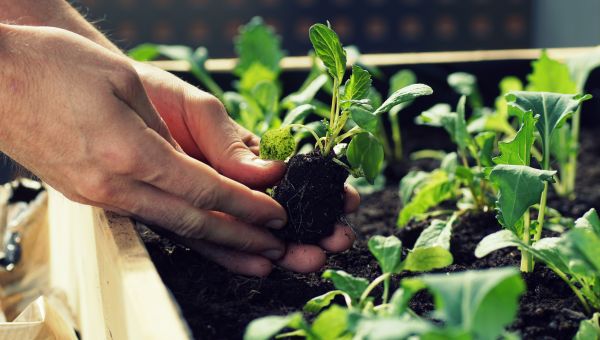
Plant Your Own Garden
Seeds cost a fraction of what fresh fruits and veggies at the grocery store will run you. So, pick up a few packages, and start planting! Growing your own garden—or even a window box full of herbs—allows you to enjoy fresh produce at an affordable price without pesticides or preservatives. Not a green thumb? Tomatoes, carrots and green beans, along with herbs like basil and rosemary, are easy to grow.
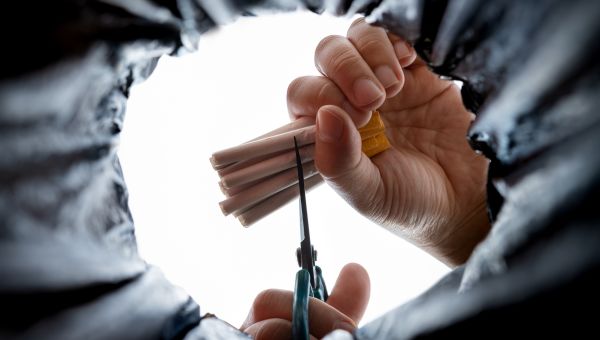
Curb Your Vices
Vices—we all have them. It’s no surprise many of them are not good for our health or our bank accounts. Alcohol and cigarettes are two of the worst culprits when it comes to harming your health and your finances. Ditch smoking altogether, and try to limit your drinking to special occasions. Cutting these habits out of your routine will certainly save you money—and could save your life.
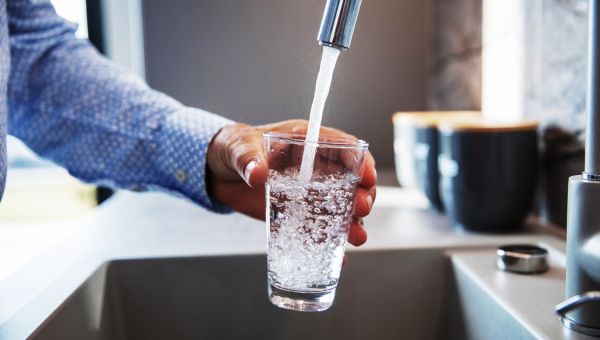
Go For H2O
What's one simple thing that can improve your health, save money and help the environment? Good old tap water. Swapping water for sugary sodas can not only save you cash but can also prevent serious health problems: Soft drinks have been clearly shown to up the risk for diabetes and obesity, and may be linked to heart disease as well. Plastic water bottles can get expensive over time and are bad for the environment, so invest in a water filter and keep a pitcher of fresh, chilled water on hand.
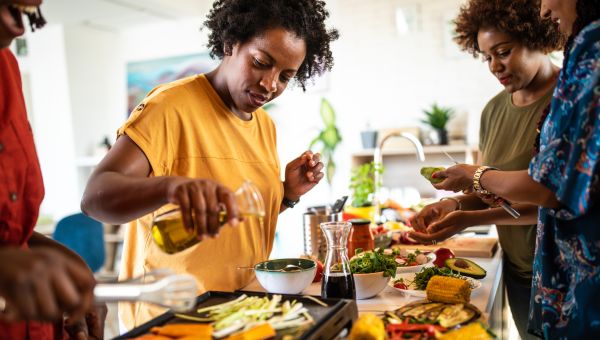
Hold The Meat
Give your body—and your wallet—a break and skip meat at least once a week. Doing so can help lower your risk of cancer, heart disease, diabetes and other serious conditions, according to the Academy of Nutrition and Dietetics. Dried or canned black beans are high in protein and fiber—and cheap. Dish them up with quinoa or brown rice, or use them to replace the meat in your next pot of chili. Chickpeas, lentils and eggs are good meatless sources of protein, too.
More On


video

article

slideshow


video


video
